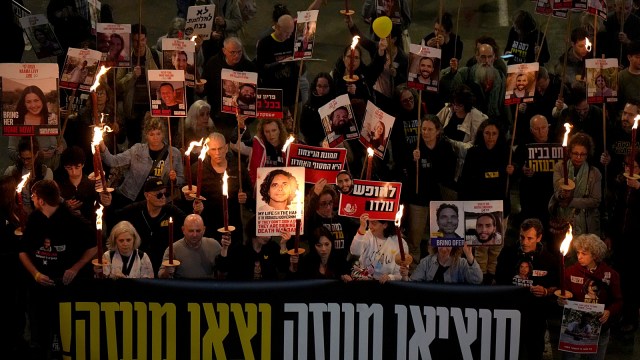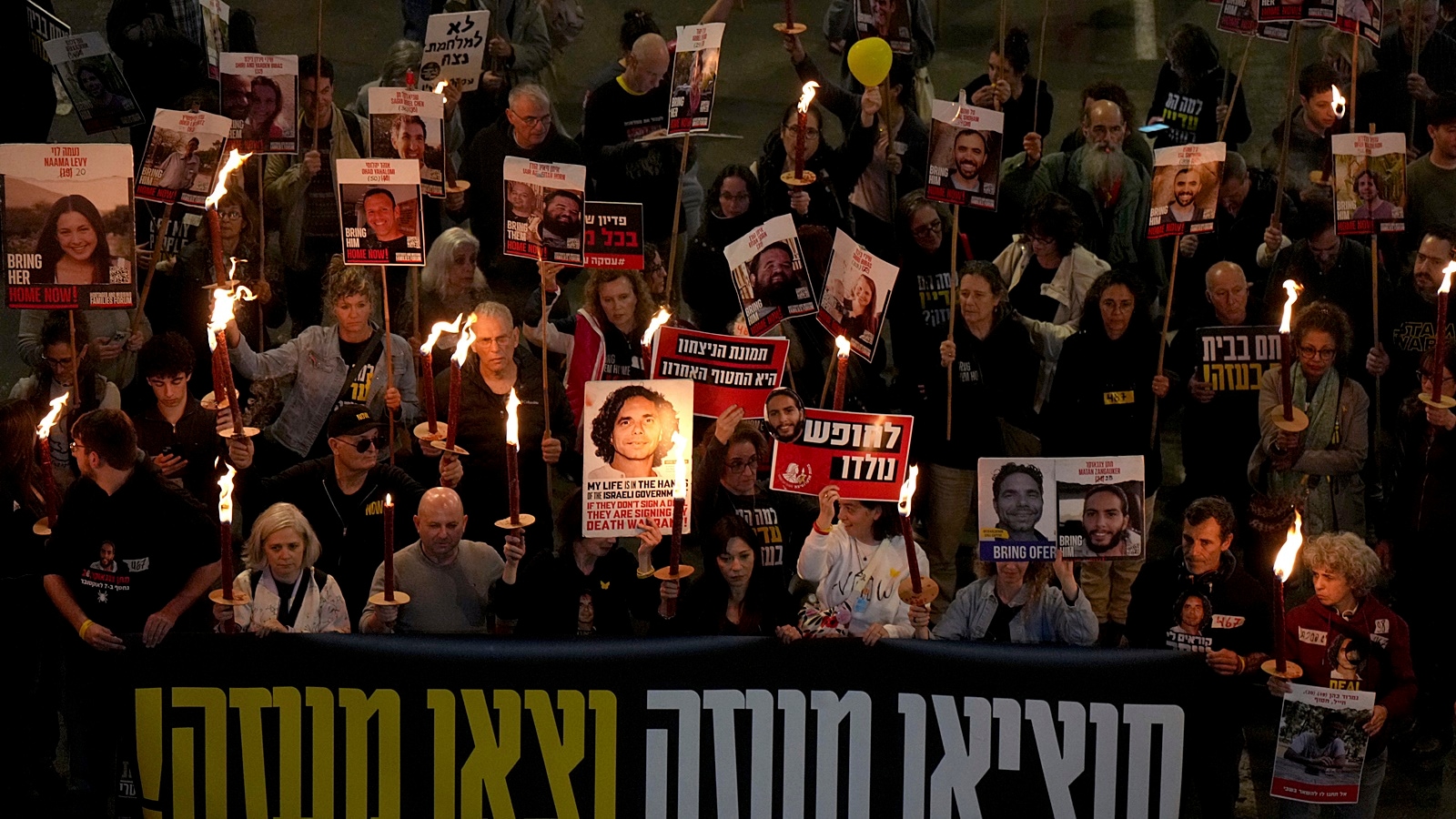

Jan 16, 2025 12:45 IST First published on: Jan 16, 2025 at 12:45 IST
Israel and Hamas have agreed to a deal — a clear vision and plan of action that would end the war in Gaza and free all the Israeli hostages. This is the same deal that had been floated by Joe Biden, the outgoing President of the US, in May 2024 and was rejected by both Hamas and Israel. They are now accepting the same deal under the direct intervention of Donald Trump, who demanded the release of the hostages, some of whom are American citizens, before his swearing-in ceremony on January 20. Not only did he threaten Hamas with reprisals, but he also cornered Israeli Prime Minister Benjamin Netanyahu, who has advocated a policy of “total victory” without a clear goal in Gaza. For example, Netanyahu was pulled into a tense meeting with Steve Witcoff, the Middle East envoy for Donald Trump, on Saturday, the day of Shabbat, which bars official business by the government. Witcoff is an American Jew and real estate businessman who didn’t care much about diplomatic protocol and reportedly sought Netanyahu’s commitment to the deal in that crucial meeting.
The ceasefire deal begins on Sunday, and in the first phase, the Israeli army will withdraw from the populated areas, retaining control over one kilometre of Gaza that borders southern Israel. Critically, Israel has agreed to withdraw gradually from the Philadelphi corridor and the Rafah Crossing — this will allow Gazans to return to their homes in the northern and other parts of Gaza. However, most of the houses and buildings are either flattened or uninhabitable now. More importantly, the deal will bring Gazans much-needed humanitarian aid, food, tents, drinking water, and medicines — things that earlier reached them in a restricted manner under Israeli watch. Hamas will release 33 hostages, including civilians over 50 years, women and children. Israel will release 30 Palestinians from its prison for each civilian and 50 Palestinians for every female hostage. This exchange will take place in phases, not in one go, so the first phase is spread over 42 days. Thereafter, phase two will take place for another 42 days. As per the details of the deal available, there is a plan for 84 days of ceasing all hostilities and even a phase three in which Gaza reconstruction can occur.
Much of the groundwork for the deal was done by Egypt, Qatar and Biden’s team over many months, although they are unlikely to get any credit for making it happen now. Trump was the first to announce the deal on his social media handle — Qatar’s press conference came later, as did Biden’s. In addition to Trump’s demand, another factor that has helped the deal is the much-changed geo-political scenario in the Middle East. Hamas is holding on but has been isolated now that Hezbollah is maintaining a ceasefire with Israel. Syria is under a new regime that doesn’t support the use of its territory against Israel, and Iran is coping with its diminished influence in the region. The fact that the deal is through before January 20, as demanded by Trump, speaks a hard truth and sets the wrong precedent. It seems to indicate that threats work better in international politics than persuasive diplomacy or the countless resolutions for ceasefire passed at the UN.
This is what Donald Trump likes to call “peace through strength”. Such an approach relies more on coercion than consensus and values outcomes rather than methods. In his first term, Trump got the Abraham Accords in place with this approach in 2020. He may now get an Israel-Saudi Arabia deal in his second term and for this reason, Trump will not let this deal fall apart without holding Israel or Hamas accountable. It is a limited idea of peace in international relations — even a negative idea of peace — as it doesn’t address the structural causes of the conflict. The Abraham Accords didn’t address the issue of the Palestinian state and hence seemed to be transactional peace rather than a just peace. Egypt’s peace agreement with Israel in 1978 was a historic event yet was termed a “cold peace” that didn’t have the support of the people of Egypt because an unelected autocratic leader like Anwar Sadat signed it.
Given the complexity of the Palestinian national movement, Hamas’s radical ideology and Iran’s religious revolutionaries, the way ahead in the Middle East may be through the extension of the Abraham Accords and more “cold peace” and dictated deals that can cease the violence. Similar deals in the past, between Egypt and Israel or Jordan and Israel, were the constructive episodes that led to the historical peace engagement between Israelis and Palestinians in the 1990s through the Oslo Peace Process.
The writer is associate professor and director, Jindal Centre for Israel Studies, Jindal School of International Affairs, OP Jindal Global University
Discover the Benefits of Our Subscription!
Stay informed with access to our award-winning journalism.
Avoid misinformation with trusted, accurate reporting.
Make smarter decisions with insights that matter.
Choose your subscription package



